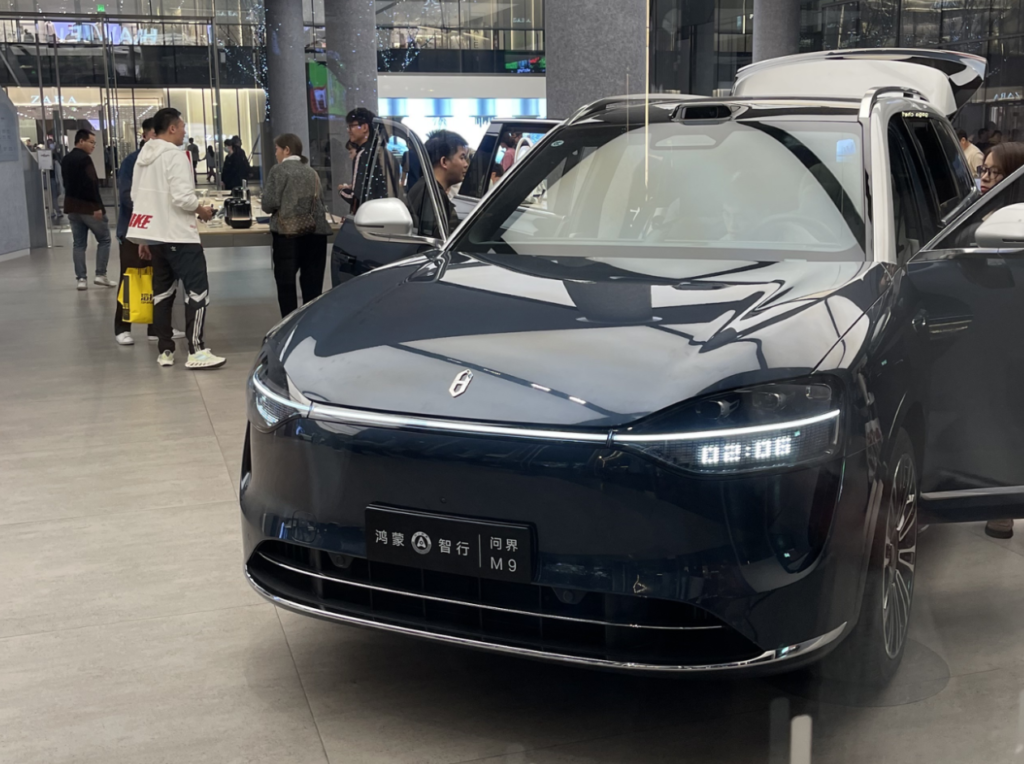In recent years, the global race for autonomous vehicle (AV) supremacy has intensified. While American companies like Tesla and Waymo have long been considered pioneers in self-driving technology, a new wave of innovation is emerging from China. Companies such as BYD and Baidu are now taking center stage, rapidly transforming China into a formidable leader in autonomous driving.

The Rise of China’s AV Ambitions
China’s push into autonomous driving isn’t just about technological prowess—it’s a strategic national objective. The Chinese government has been actively supporting AV development through favorable policies, pilot programs, and infrastructure investment. The Ministry of Industry and Information Technology (MIIT) has laid out detailed roadmaps for intelligent connected vehicle development, including ambitious targets for mass deployment by 2030.
Cities like Beijing, Shanghai, and Shenzhen have become real-world testing labs for autonomous vehicles, with government support smoothing regulatory hurdles and providing controlled environments for companies to experiment.
BYD and Baidu: Tech Powerhouses on the Move
BYD, traditionally known for its electric vehicles, has expanded its focus to include autonomous technology. The company is integrating more advanced driver assistance systems (ADAS) into its models and working toward Level 4 autonomy, where vehicles can operate without human intervention in most conditions.
Baidu, on the other hand, has emerged as a tech-first leader in the AV space. Through its Apollo project, Baidu has developed a comprehensive open-source AV platform that supports everything from autonomous driving algorithms to cloud-based vehicle management. Apollo Go, Baidu’s robo-taxi service, is already operational in multiple Chinese cities and aims to become the world’s largest autonomous ride-hailing service.
The Competitive Edge: Data and Scale
One of the key advantages Chinese companies have over their Western counterparts is access to massive amounts of data. China’s densely populated cities and high urban traffic volume provide ideal conditions for data collection and machine learning, enabling faster training and improvement of autonomous systems.
Moreover, Chinese tech firms benefit from a regulatory environment that, while increasingly cautious on data privacy, still allows for more flexibility compared to stringent Western standards. This enables quicker iteration and deployment of new technologies.
How China Compares to the U.S.
Tesla and Waymo have long been synonymous with AV innovation in the U.S., each adopting distinct strategies. Tesla has integrated its Autopilot and Full Self-Driving (FSD) features into consumer vehicles, relying heavily on cameras and neural networks. Waymo, a subsidiary of Alphabet, focuses more on lidar and high-definition mapping for its dedicated robo-taxi fleet.
However, Tesla’s incremental software updates and Waymo’s limited geographic footprint may be giving Chinese competitors an edge. Baidu’s Apollo Go already offers services in more cities than Waymo and is aggressively expanding. BYD, meanwhile, has the manufacturing scale and EV expertise to integrate autonomous tech more broadly and cost-effectively than Tesla.
The Global Implications
China’s rise in autonomous driving technology isn’t just a tech story—it has geopolitical and economic ramifications. As Chinese companies export their AV solutions abroad, from Southeast Asia to Europe, they are reshaping global perceptions of innovation leadership.
Additionally, China’s domestic AV success could lead to the establishment of global standards, positioning Chinese firms as leaders not just in product delivery, but in policy and framework development as well.
Looking Ahead
The future of autonomous driving will be defined by more than just who builds the best car—it will depend on who can scale, adapt, and integrate new technologies the fastest. With government backing, robust tech ecosystems, and a growing appetite for innovation, China is making a bold play to lead the world into a driverless future.













